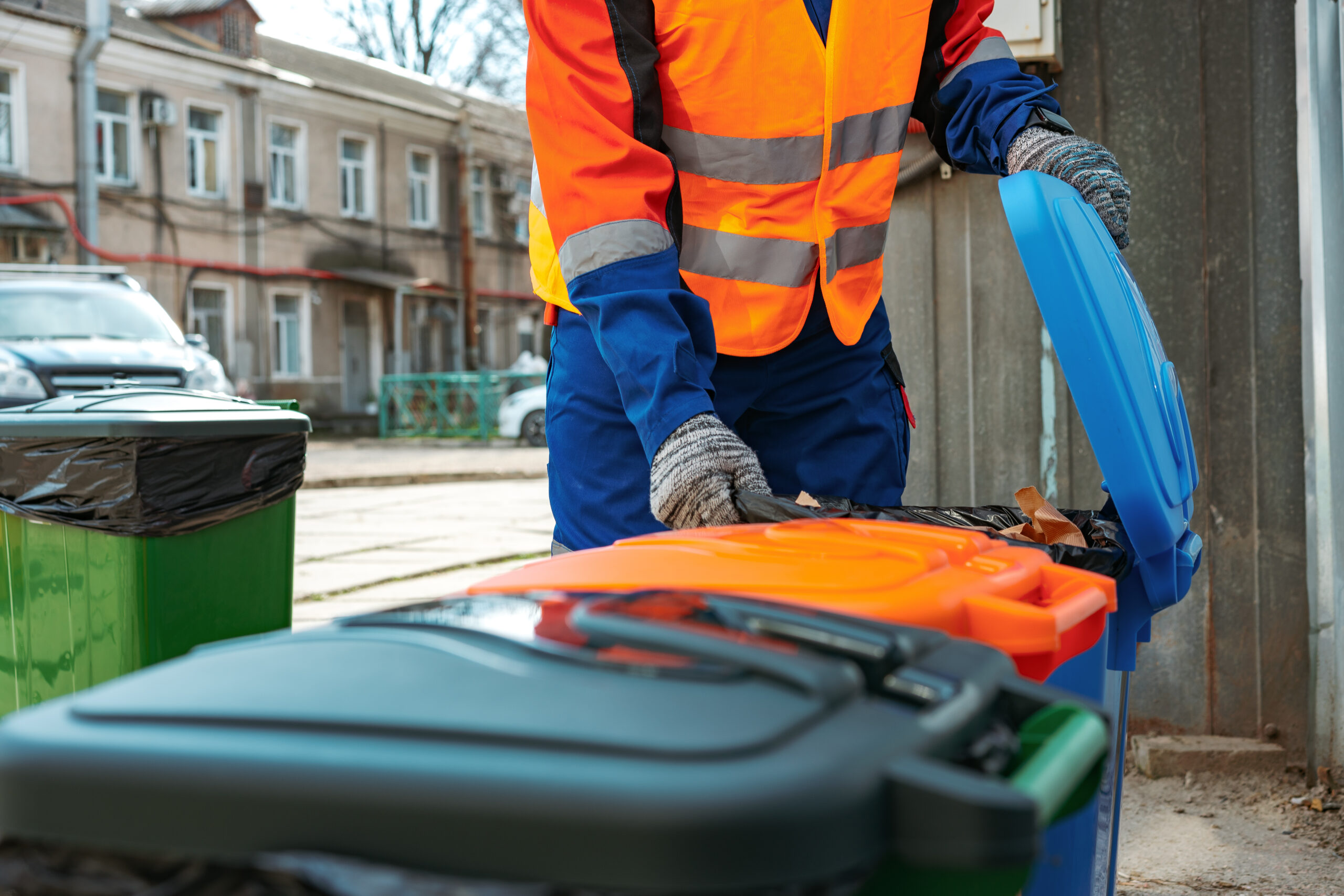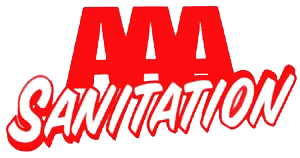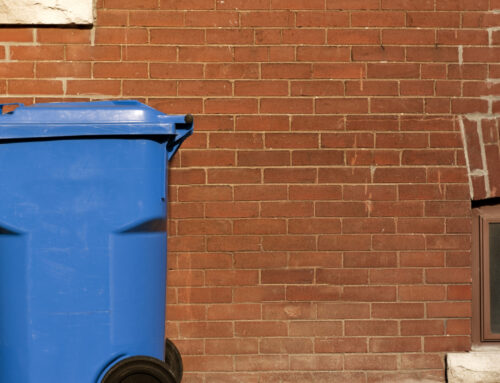
Sanitation services play a vital role in maintaining public health, environmental sustainability, and overall quality of life. From waste collection and recycling to pest control and disinfection, various types of sanitation services cater to different needs and contribute to a cleaner and safer environment. Understanding these services and their benefits helps individuals and organizations make informed decisions and ensure effective sanitation management. This article explores the different types of sanitation services and highlights their benefits.
Types of Sanitation Services
Waste Collection and Disposal
Waste collection and disposal involve the systematic gathering, transportation, and disposal of waste materials. This service typically includes curbside pickup for residential waste, commercial waste collection, and the management of bulk waste.
Public Health: Regular waste collection helps prevent the accumulation of waste, which can attract pests and harbor diseases. Proper disposal reduces the risk of contamination and protects public health.
Environmental Protection: Effective waste management minimizes the environmental impact by reducing litter and preventing illegal dumping. It ensures that waste is handled in accordance with regulations, reducing pollution and protecting natural resources.
Convenience: Scheduled waste collection services provide convenience to residents and businesses, ensuring that waste is managed efficiently and consistently.
Recycling Services
Recycling services involve the collection, sorting, and processing of recyclable materials, such as paper, cardboard, plastics, metals, and glass. The goal is to convert these materials into reusable resources, reducing the amount of waste sent to landfills.
Resource Conservation: Recycling conserves natural resources by reprocessing materials and reducing the need for raw materials. This helps preserve resources and reduces the environmental impact of extracting and processing new materials.
Energy Savings: Recycling often requires less energy compared to producing new products from raw materials. This results in lower energy consumption and reduced greenhouse gas emissions.
Waste Reduction: By diverting recyclable materials from landfills, recycling reduces the volume of waste in disposal facilities and extends the lifespan of landfills.
Disinfection and Sanitization
Disinfection and sanitization services involve cleaning and treating surfaces and environments to kill or remove harmful microorganisms, such as bacteria, viruses, and fungi. These services are essential in maintaining hygiene and preventing the spread of infectious diseases.
Disease Prevention: Disinfection and sanitization help prevent the spread of infectious diseases, including viruses like COVID-19 and bacteria that cause illnesses. This is especially important in high-touch areas and public spaces.
Enhanced Cleanliness: Regular disinfection improves overall cleanliness and reduces the risk of contamination. This is crucial in settings such as healthcare facilities, schools, and food establishments.
Safety Assurance: Professional disinfection services ensure that cleaning protocols meet industry standards, providing assurance of a safe and hygienic environment.
Grease Trap Cleaning
Grease trap cleaning services involve the removal and disposal of grease, oil, and fats that accumulate in grease traps installed in commercial kitchens and food processing facilities. This prevents blockages and ensures proper functioning of the drainage system.
Preventing Clogs: Regular cleaning of grease traps prevents clogs and blockages in plumbing systems, reducing the risk of backups and costly repairs.
Compliance: Grease trap cleaning helps businesses comply with local regulations and codes related to waste management and environmental protection.
Odor Control: Proper maintenance of grease traps reduces unpleasant odors and maintains a clean and sanitary environment in food service establishments.
Hazardous Waste Management
Hazardous waste management involves the collection, treatment, and disposal of hazardous materials, such as chemicals, batteries, and electronic waste. These materials require special handling to prevent environmental contamination and health risks.
Environmental Protection: Proper management of hazardous waste prevents contamination of soil, water, and air, protecting ecosystems and wildlife from harmful substances.
Health and Safety: Handling hazardous waste safely reduces the risk of exposure to toxic materials and protects human health. Specialized disposal methods ensure that hazardous materials are managed in compliance with safety regulations.
Regulatory Compliance: Hazardous waste management ensures compliance with local, state, and federal regulations, avoiding potential fines and legal issues.
Bulk Waste Collection
Bulk waste collection services involve the pickup and disposal of large items that do not fit into regular waste containers, such as furniture, appliances, and yard debris. This service often includes scheduled pickups or drop-off options.
Convenience: Bulk waste collection provides a convenient way to dispose of large items that cannot be handled through regular waste services. This helps residents and businesses manage bulky waste effectively.
Environmental Responsibility: Proper disposal of bulk waste ensures that items are managed in an environmentally responsible manner, reducing the risk of illegal dumping and littering.
Space Management: Bulk waste collection helps keep properties tidy and free from large, discarded items that can clutter outdoor spaces.
Choosing the Right Sanitation Services
When selecting sanitation services, consider the following factors to ensure that you meet your specific needs:
Service Requirements
Determine the type of sanitation services required based on your needs. Residential properties may need regular waste collection and recycling services, while commercial facilities might require additional services such as pest control and disinfection.
Provider Reputation
Research and evaluate sanitation service providers to ensure they have a good reputation for reliability, quality, and compliance with regulations. Read customer reviews and seek recommendations from trusted sources.
Cost and Budget
Compare the costs of different sanitation services and consider your budget. While cost is an important factor, prioritize quality and reliability to ensure effective waste management and sanitation.
Compliance and Regulations
Ensure that the sanitation services you choose comply with local regulations and industry standards. This helps avoid legal issues and ensures that services are performed in an environmentally responsible manner.
Customer Support
Consider the level of customer support provided by sanitation service providers. Good customer support can make a difference in resolving issues, scheduling services, and addressing concerns.
Contact AAA Sanitation for your Waste Collection and Recycling Needs
Understanding the different types of sanitation services and their benefits is essential for effective waste management and maintaining a clean and healthy environment. From waste collection and recycling to pest control and disinfection, each service plays a crucial role in ensuring public health, environmental protection, and overall quality of life. By working with reputable providers such as AAA Sanitation and Garbage Removal, individuals and organizations can contribute to a cleaner, safer, and more sustainable community.
AAA Sanitation & Garbage Removal
79 Business Dr Ste A
Hull, GA 30646
(706) 543-7788
https://aaasanitationco.com/






Leave A Comment